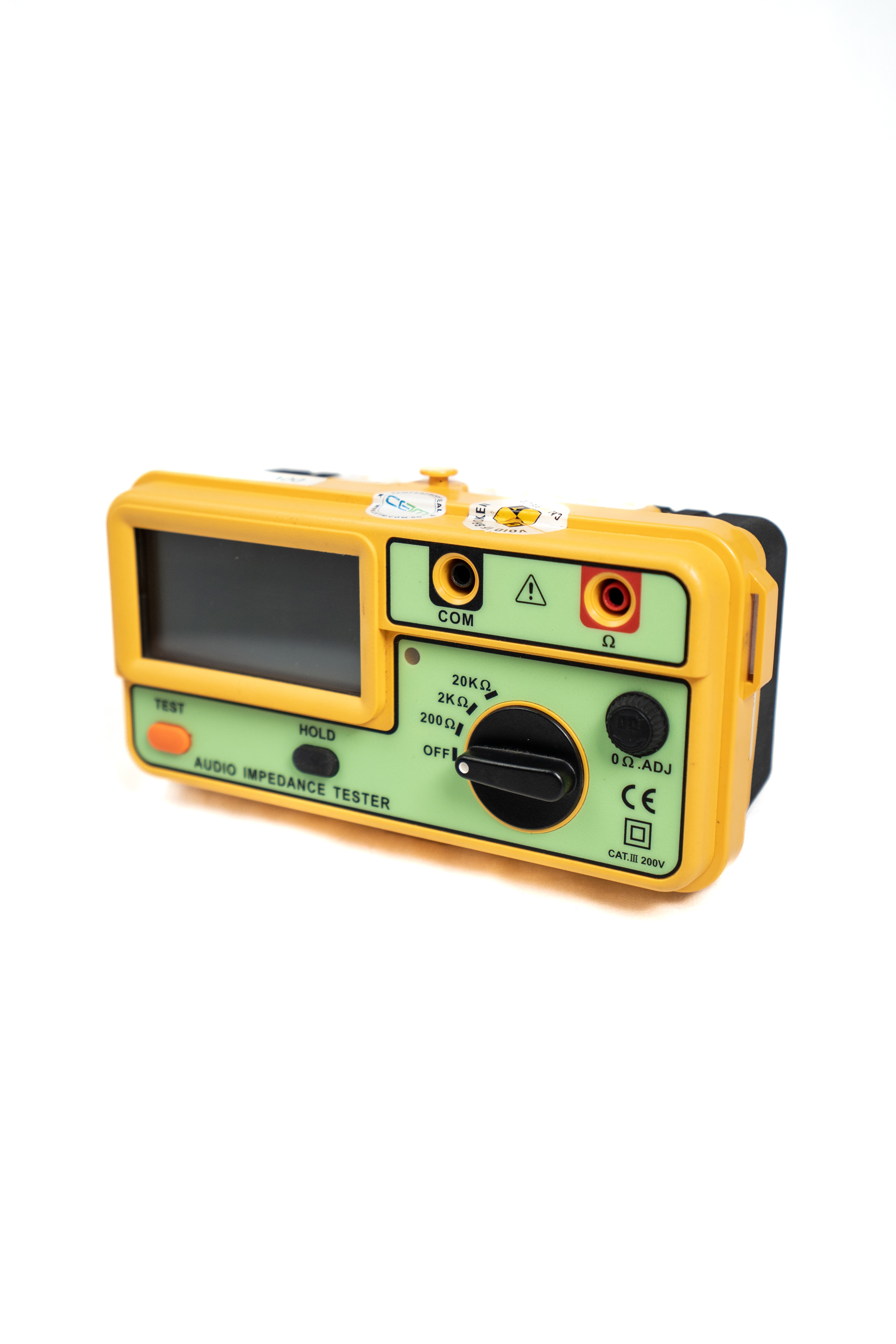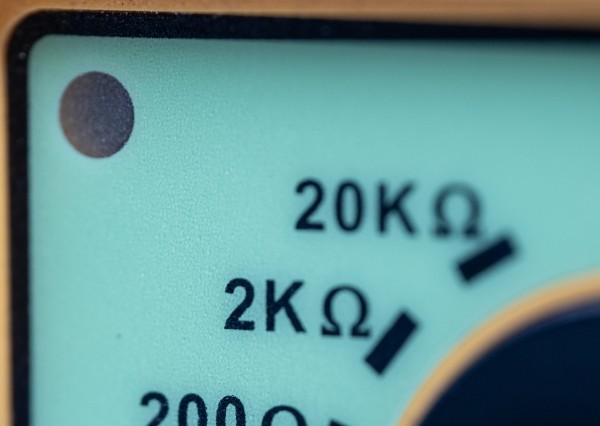-
SEW 1107 IM Audio Impedance Tester
Description : An audio impedance tester is a device used to measure the impedance of audio devices, most commonly loudspeakers and their components. Impedance, measured in ohms (Ω), represents the opposition a device or material offers to the flow of alternating current (AC). In the context of audio, impedance is crucial because it affects the compatibility between amplifiers and speakers and influences the overall performance of the audio system.
● Large LCD : 68 × 34mm(2.677" × 1.338").
● True measurement of speaker systems actural impedance at 1kHz.
● Three test ranges allow testing of home theater and commercial
sound systems.
● Measures transformer impedances.
● Battery operation.
● Low battery indication.
● Data hold function.
● 0Ω adjustment.
Here are some key points about audio impedance testers and their use:
-
Purpose: Audio impedance testers help ensure that speakers and amplifiers are matched properly. If there's a mismatch, it can lead to poor performance, reduced power efficiency, or potential damage to the equipment.
-
Basic Operation: An impedance tester typically sends a known frequency (or range of frequencies) signal through the device being tested. It then measures the voltage drop and current flow to calculate the impedance.
-
Variable Frequency Testing: Some advanced impedance testers can test across a range of frequencies. Since the impedance of a speaker can vary with frequency, this type of testing gives a more detailed profile of the speaker's behavior.
-
Graphical Output: Advanced testers can provide a graphical representation, often called an impedance curve, showing how impedance changes across frequencies.
-
Additional Features: Some impedance testers can detect issues like wiring problems, blown drivers, or phase issues in multi-driver speaker systems.
-
Applications: Beyond just measuring the impedance of speakers, these testers are valuable in designing audio systems, troubleshooting problems, and ensuring that installations are done correctly.
-
Portable vs. Benchtop: There are handheld, portable impedance testers suitable for fieldwork, and more extensive benchtop units that offer greater precision and more features.
 (1).jpg)



